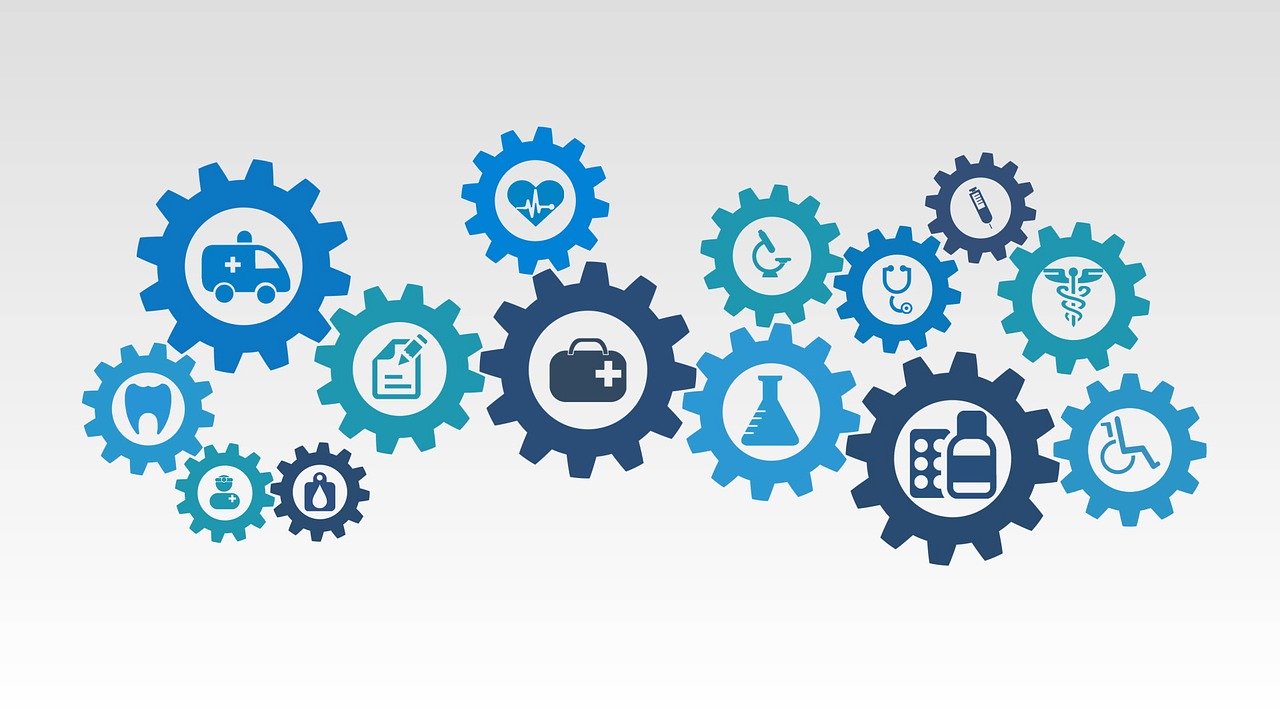With a General Election scheduled for December 12th, it’s little wonder that the NHS has once again become a key battleground for the political parties. The Tories were the most recent to launch their manifesto, pledging to invest heavily in the development of several hospitals and the training of up to 50,000 new nurses.
Whilst these measures would be welcomed if they were to transpire, they’re not enough by themselves to reverse the decline of our National Health Service. After all, there were an estimated 97,000 vacancies in all NHS trusts in England as of December 2017, whilst the advent of advanced technology has yet to be applied consistently nationwide.
But what are the key challenges and solutions of 2020, and what will the future of healthcare look like? Let’s find out!
- The Digitisation of the NHS is Key to Future Cost and Operational Efficiency
If you look at one of the biggest challenges facing the NHS and healthcare in the UK, it’s patient flow management and the strain being placed on staff members.
Whilst sophisticated technologies such as patient flow software and electronic records may have been developed to help tackle this issue, however, the fact remains that the existing government has so far failed to implement these systems at scale or to the benefit of the healthcare sector.
This has prevented healthcare providers from leveraging the true value of such technologies, whilst they’ve also been unable to assess their benefits and feasibility on a broad scale.
With significant investment in infrastructure and a keen understanding of how patient flow software can improve the efficiency and speed of patient care, however, 2020 could see this technology start to revolutionise the NHS.
- Patients Must Continue to Embrace New Technologies
Another key aspect of healthcare technology is the ability of patients to embrace this, and this requires some investment to be made in education and providing information on how innovation will shape the modern patient experience.
This is borne out by the rising popularity of video consultations, which enable patients to consult their GP online when discussing minor ailments and ongoing conditions that are being managed.
Make no mistake; healthcare providers have taken proactive steps towards promoting this type of consultation and its unique benefits, creating a scenario where patients can embrace more accessible treatment and realise the true benefits of innovation.
This is particularly ideal for elderly or infirm patients, who may be unable to leave their home without significant assistance.
- The Use of Data Will Become Central to NHS Efficiency
We touched earlier on the concept of electronic records, which are evolving to create a more consistent and accessible source of patient data that can be shared between different healthcare providers.
Whilst this will become central to the efficient treatment of patients in the future, however, it also raises potential issues in terms of data storage and usage.
More specifically, there are concerns that the commercial and research organizations that use data for health research will have access to a broader range of patient information, creating the potential for mistrust in some instances.
With this in mind, much work needs to be done to ensure that patients are educated in terms of how their personal data is utilised within the NHS, whilst there also needs to be public dialogue between healthcare providers and the general public.



 Bitcoin
Bitcoin  Ethereum
Ethereum  Tether
Tether  XRP
XRP  Solana
Solana  USDC
USDC  TRON
TRON  Cardano
Cardano  Lido Staked Ether
Lido Staked Ether  Avalanche
Avalanche  Toncoin
Toncoin